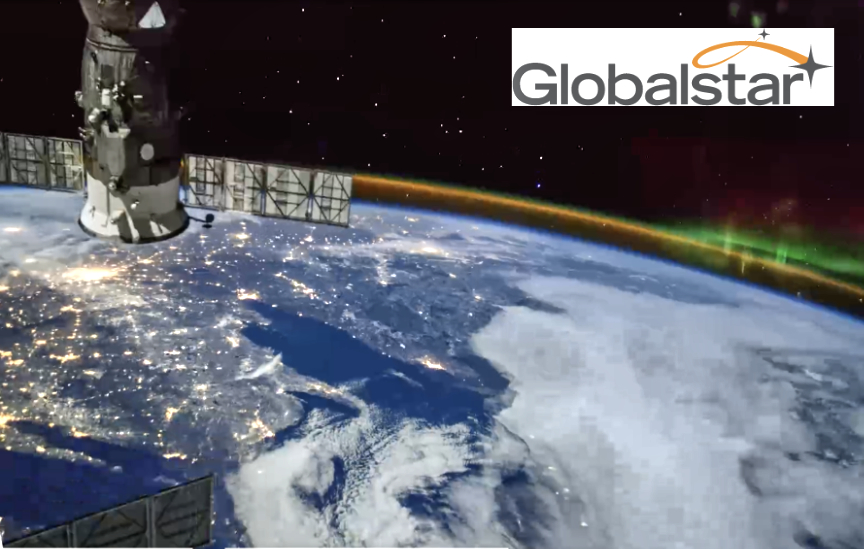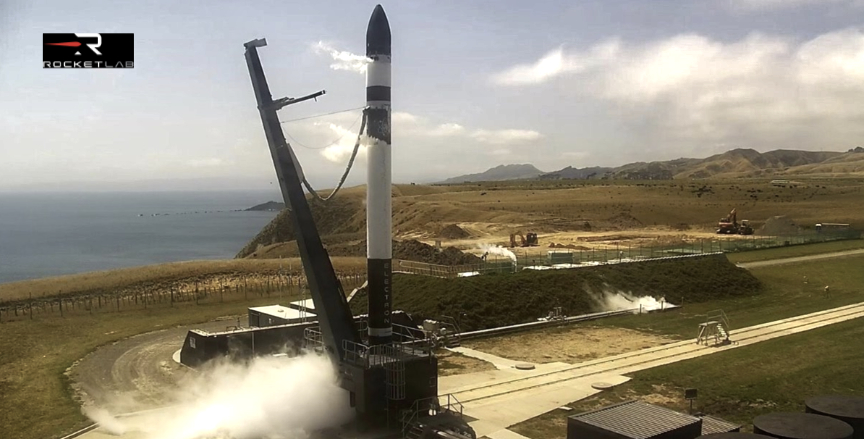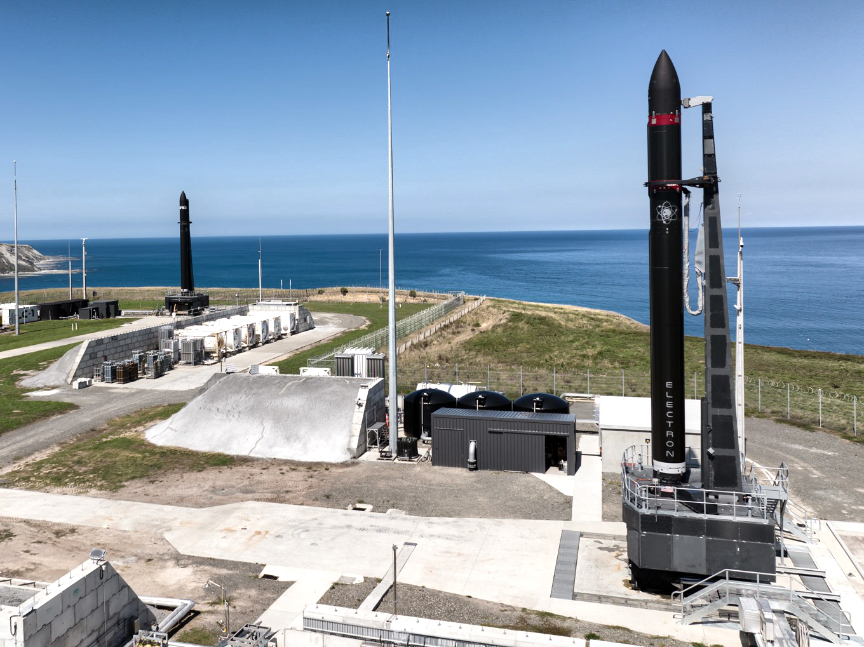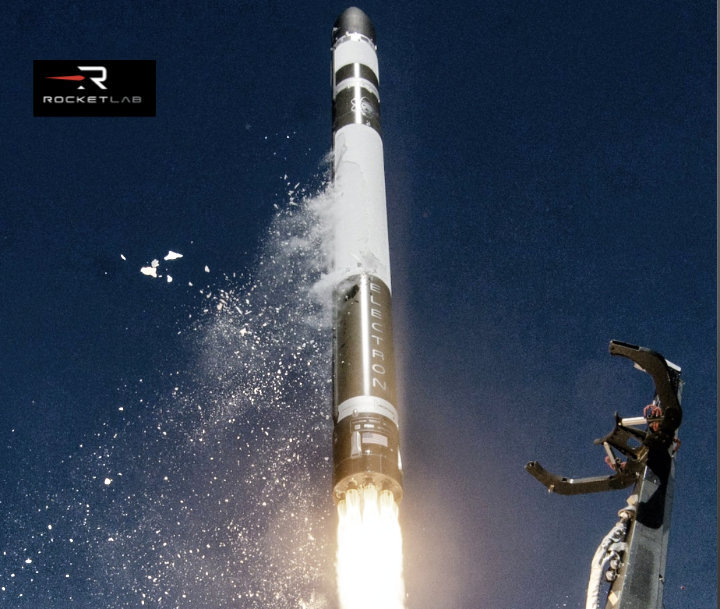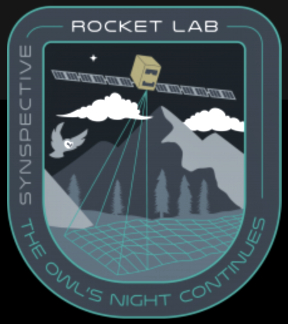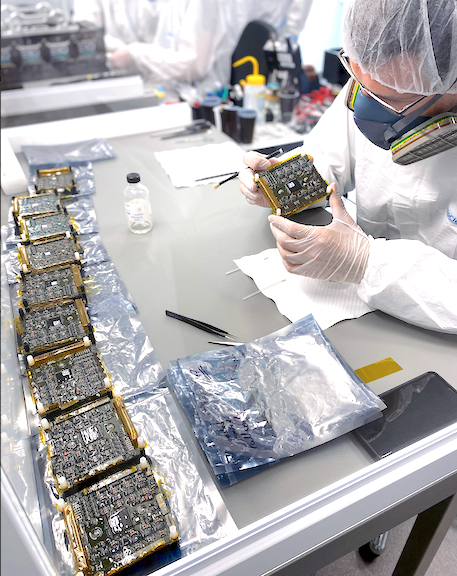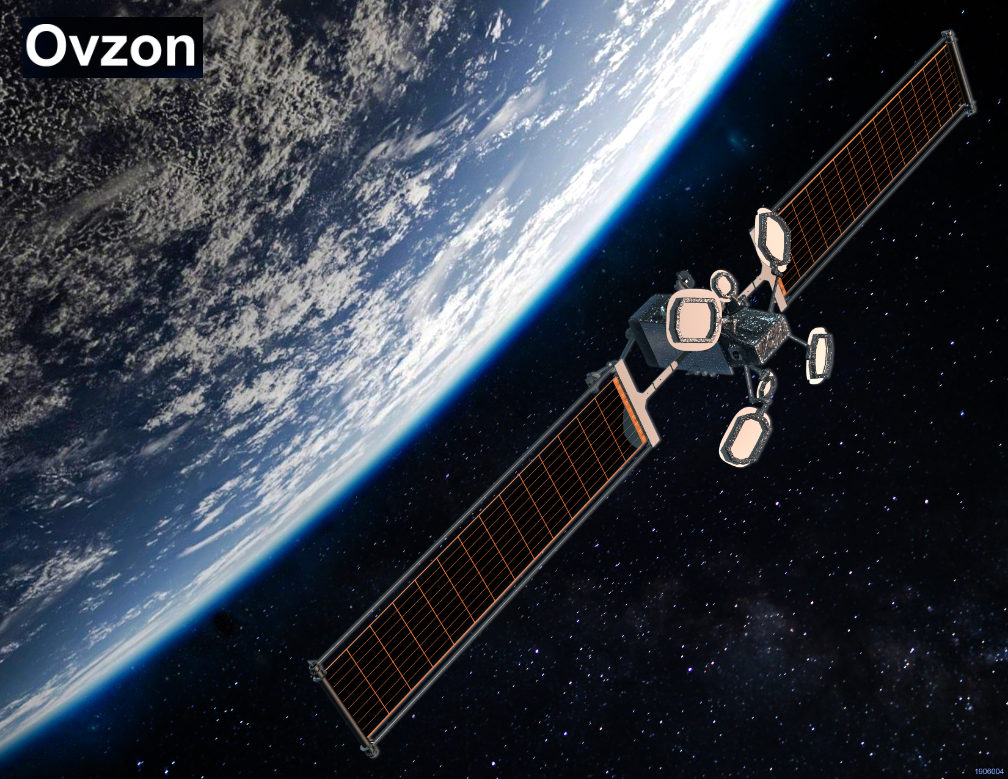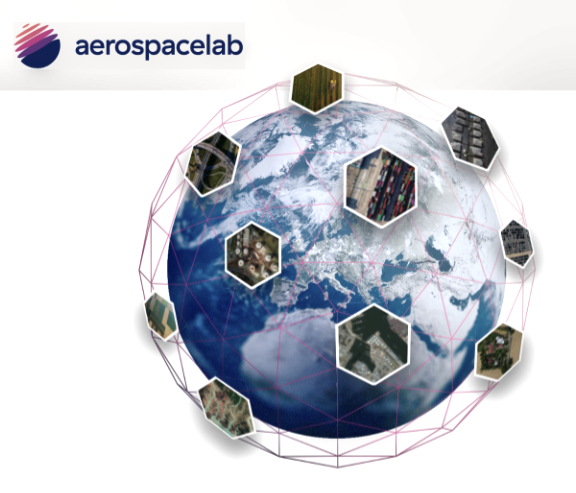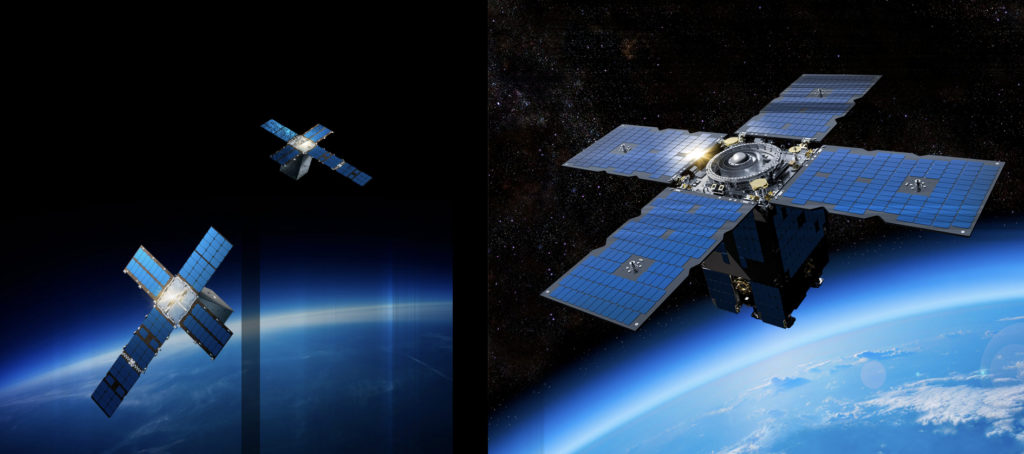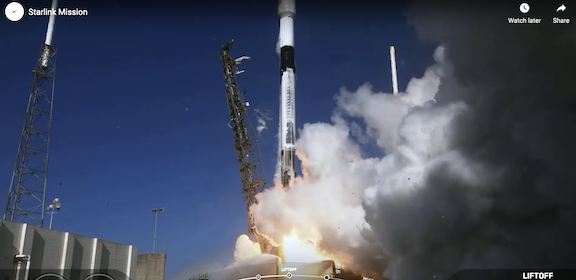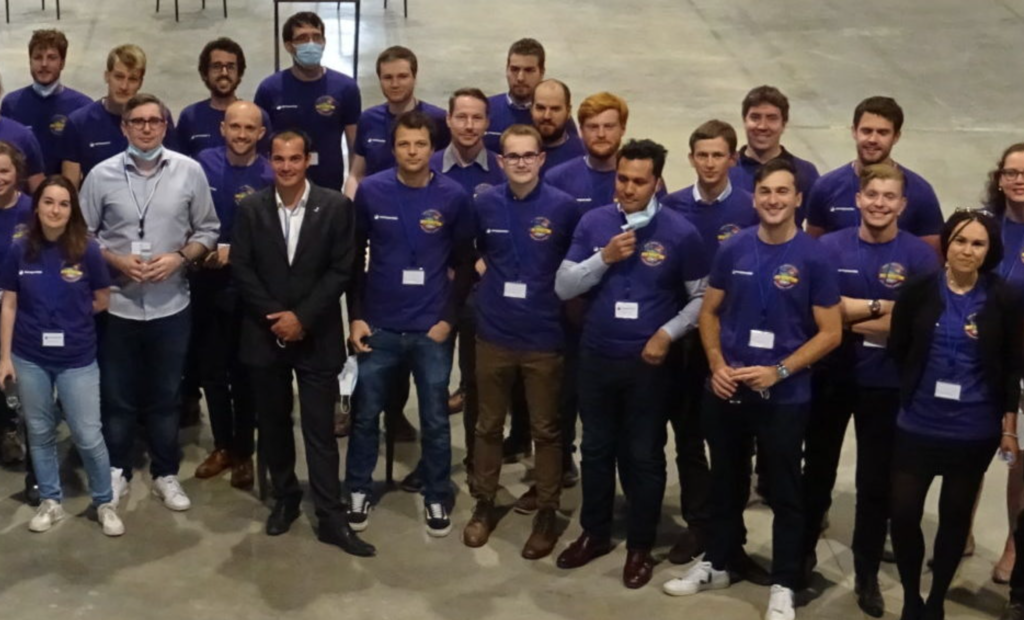Space technology and satellites are not only important for monitoring climate change, for navigating ships and airplanes, and for communicating over long distances — they are also essential to the security of Denmark and the EU.
A new project develops a technology that makes it possible to monitor and identify military threats in space and on Earth. The AI-driven technology will contribute to process the vast data streams stemming from satellites and land-based sensors and thereby create the basis for using the space data and intelligence for military purposes.
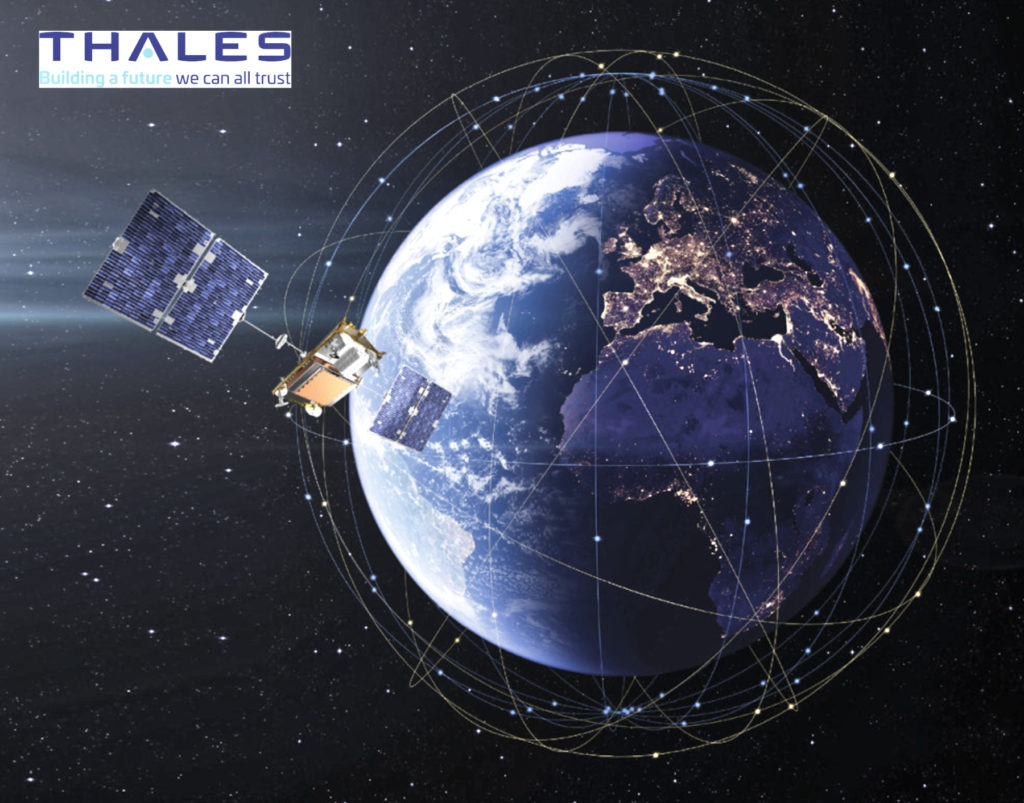
The project, which goes under the name INTEGRAL and is a part of EU’s SSAEW SC2, Space Situational Awareness – Space Command and Control, is supported with funds from the European Defence Fund and is a cooperation between DTU (Technical University of Denmark), the Danish company Space Inventor and the French defence and technology company Thales in Denmark.
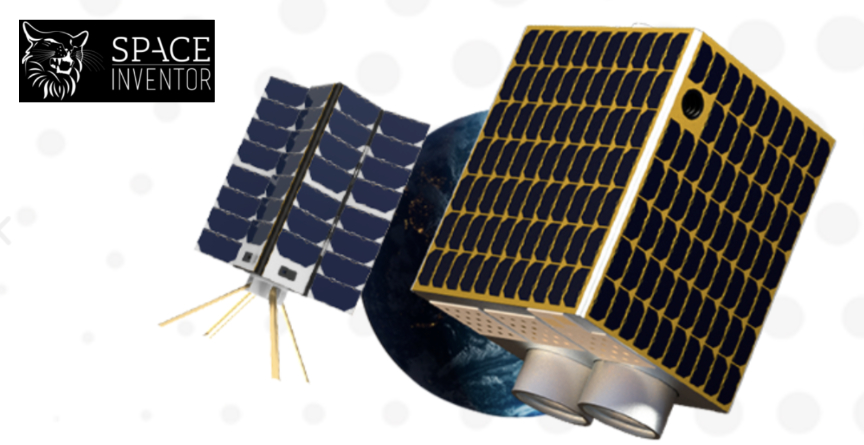
The Danish company Space Inventor is going to play a key role in the project by contributing to the development of the prototype for INTEGRAL and finding an algorithm that can trace the orbit of satellites. With the awarded funds follow a significantly increased visibility on the international stage as well as access to knowledge and powerful networks.
“It is incredibly exciting for Space Inventor to be a part of such a big international project, and we are looking forward to showing the world what we are able to do within space and defence,” said Karl Kaas, CEO of Space Inventor ApS.
“Research and development of new space technology in cooperation with the Danish industry increase the focus on science, and create growth and jobs,” said Professor Rasmus Larsen, Provost, Executive Vice President, CAO, M.Sc. (Eng) Ph.D. from DTU.
A unique cooperation with massive potential
The project is one of only 26 projects which have been approved by the EU Commission under the test program European Defence Industrial Development Program (EDIDP) in 2020. Thales sees great potential in the Danish Defence industry looking towards Europe.
“It is a unique project because we unite science and industry on multiple levels. We are, in Thales, a part of the Danish ecosystem within defence and also an international company with deep knowledge about the European defence market. We would like to contribute with this knowledge so that Danish companies can unlock the great potential which the Danish defence industry holds,” said Tommy Ayouty, CEO, Thales Danmark, VP Thales Group in the Nordics.
Several Danish companies are participating in EU projects such as project SAURON for SSA Sensors and the space & defence project SSA Early Warning which both have received funds from EDIDP 2020. Along with INTEGRAL, these projects can improve Denmark’s visibility within the defence and space sector and are expected to lay the foundation for further cooperation and to gather knowledge in connection with the surveillance of the Arctic in the future.
The INTEGRAL project runs until 2023, at which point the parties involved can seek funds to continue the work.

